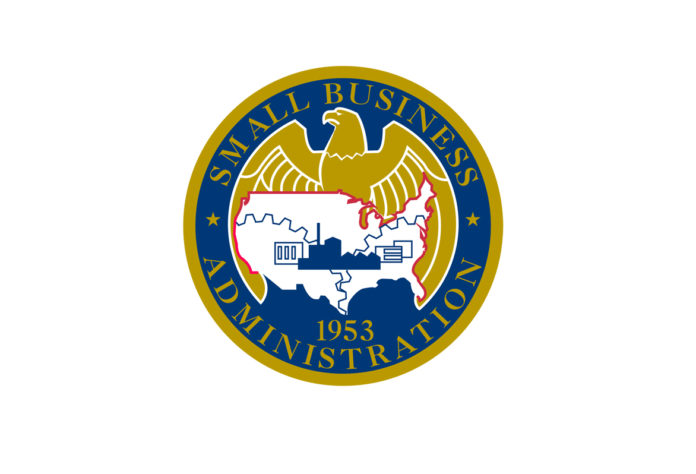WASHINGTON, D.C. – Last week, Administrator Isabella Casillas Guzman, head of the U.S. Small Business Administration (SBA), signed the Agency’s Tribal Consultation Policy of 2022. The agreement, which directs the SBA’s coordination with tribal governments, also recognizes the Federal Government’s unique relationship with Native American governments and its responsibility to ensure small businesses from tribal communities are fully considered and can equitably benefit from all of the resources offered by the American government, a priority under the Biden-Harris Administration and Administrator Guzman.
Through its Office of Native American Affairs, the SBA has taken proactive steps to honor the Nation’s responsibilities and update policies affecting the Agency’s ability to operate within a government-to-government relationship with federally recognized Indigenous tribes and Alaska Native Corporations (ANCs) and to consult with tribal governments and ANCs before finalizing SBA policies that have implications for these stakeholders.
“The SBA is committed to establishing strong nation-to-nation relationships with every tribe that seeks to engage with the federal government,” said Administrator Guzman. “We are focused on making tribal consultation an important component of our broader tribal outreach and engagement while creating opportunities for meaningful dialogue. We know this will advance our efforts to build bridges to entrepreneurs across Indian Country so that we can better connect them to the funding, market opportunities, and networks they need to start and grow. The SBA understands that supporting Native-owned small businesses is vital to our shared economic interests. We look forward to the dialogues that help inform our policy and programs to begin addressing the systemic inequities that continue to plague Indigenous peoples.”
Since taking office, Administrator Guzman has directed the SBA to explore ways to deepen and expand the Agency’s connections to entrepreneurs and continue raising awareness of the wide range of government resources available to help small businesses – a critical element of the American Rescue Plan’s Community Navigator Pilot Program. While work continues to level the playing field for underserved communities and counter the struggles many faced in accessing relief in the early days of the pandemic, under the Biden-Harris Administration, Native American entrepreneurs received nearly $700 million in SBA funding. Additionally, there are approximately 4,000 Native American entrepreneurs engaged in federal procurement – a number the SBA is aiming to increase by strengthening its business development programs, such as 8a and HubZone, and helping small business owners navigate new contracting opportunities through recently announced procurement reforms. All Indian Country is HubZone certified.
“Supporting Native-owned small businesses is vital to our shared economic future,” said Jackson S. Brossy, Assistant Administrator, Office of Native American Affairs. “And that begins with addressing the systemic inequities that continue to plague Indigenous peoples. Along with Administrator Guzman, I am committed to ensuring that all our programs and services help all our small businesses gain access to the capital, markets, and networks they need to start and grow.”
The Assistant Administrator/Office of Native American Affairs (AA/ONAA) will be the designated official with principal responsibility for SBA’s implementation of Executive Order 13175 and will lead and coordinate tribal consultations for the Agency. This will be accomplished through the following:
- Developing an information package for prospective tribal consultation participants
- Designing the consultation process
- Selecting appropriate meeting sites
- Providing notice to tribal governments
- Identifying the participants in the consultation process
For small businesses, connection to and awareness of resources is critical. This is a priority for SBA, to develop new ways to effectively raise awareness about the wide range of SBA resources available to help small businesses. This effort will counter the struggles so many underserved small businesses faced accessing critical relief early in the pandemic.
Following the consultation, if practicable and appropriate, the written record will remain open for a specified time to allow tribal officials the opportunity to submit additional comments. Follow-up comments should be submitted via e-mail to tribalconsultation@sba.gov or mailed to:
Attn: AA/ONAA
409 3rd Street, SW
Washington D.C., 20416
















































